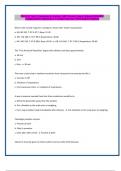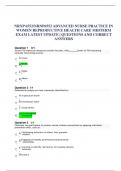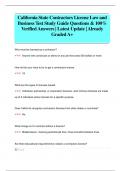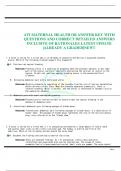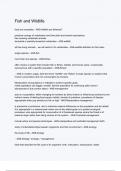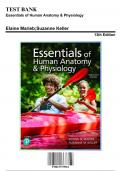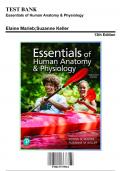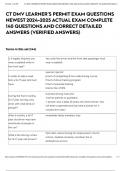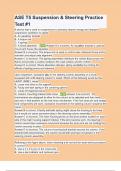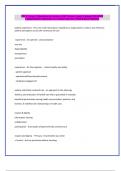Exam (elaborations)
NSG 212 Unit 3 | Questions & Answers (100 %Score) Latest Updated 2024/2025 Comprehensive Questions A+ Graded Answers | With Expert Solutions
- Course
- Institution
NSG 212 Unit 3 | Questions & Answers (100 %Score) Latest Updated 2024/2025 Comprehensive Questions A+ Graded Answers | With Expert Solutions
[Show more]
